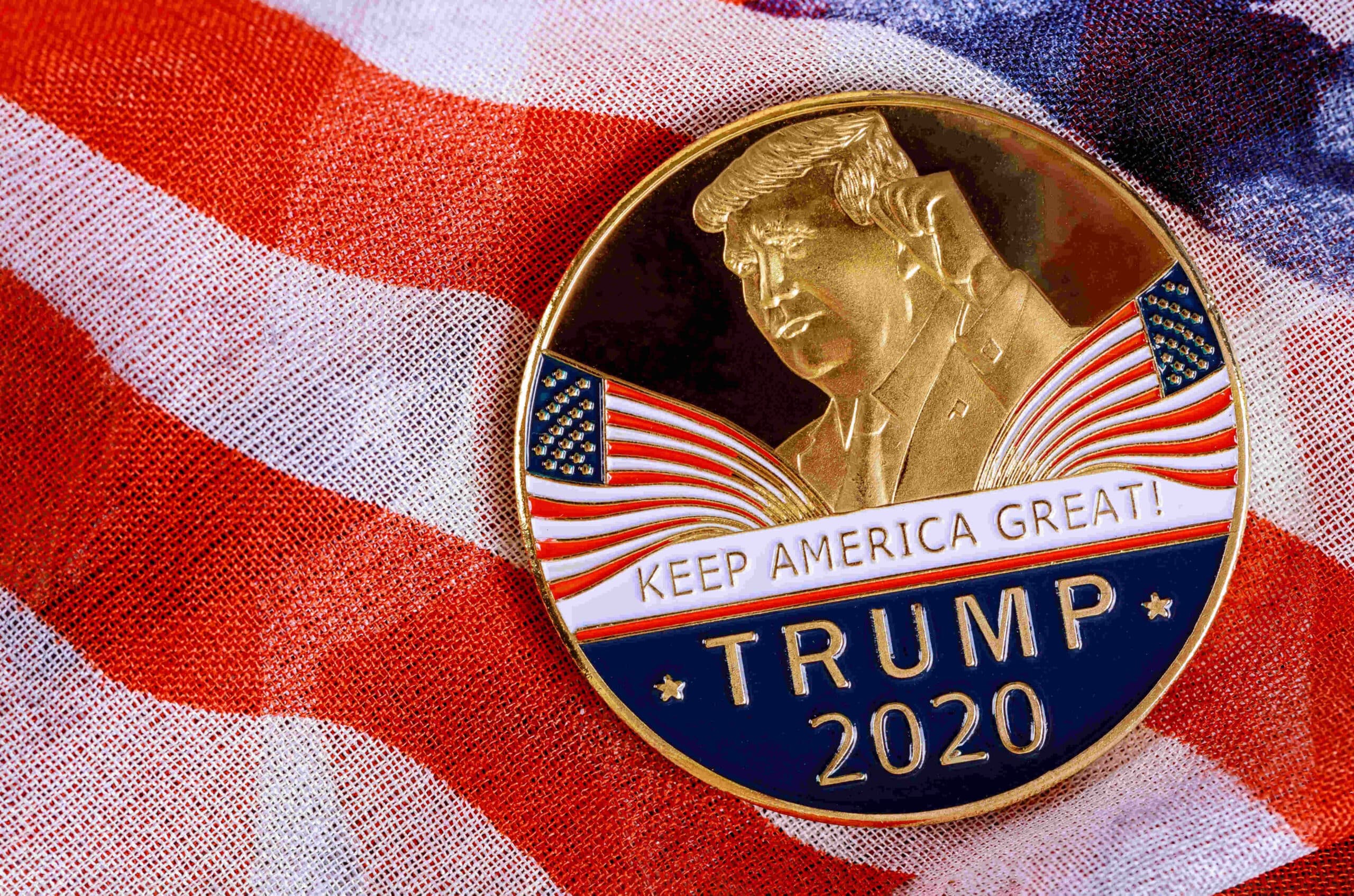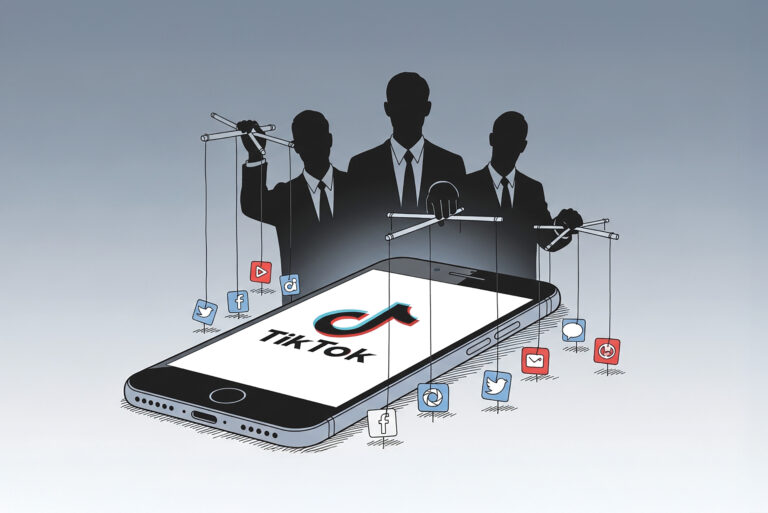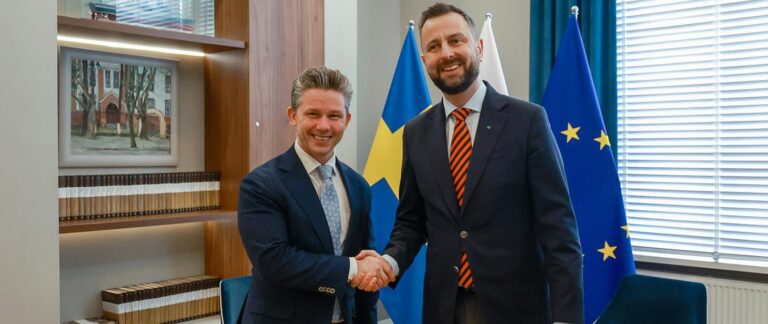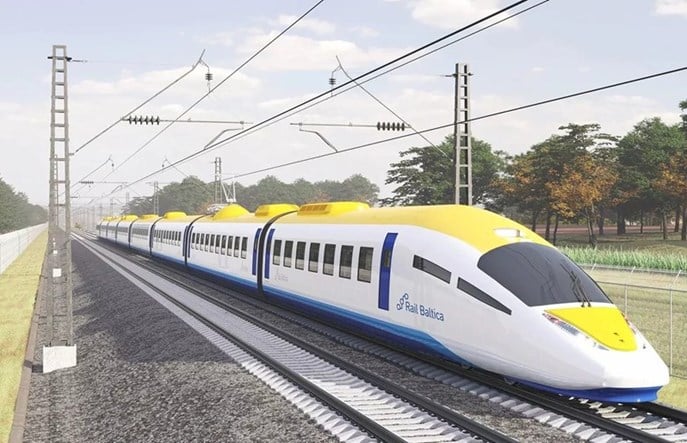Trump Is Back – but what does it mean?
Expert Commentary – Andrzej Derlatka
Former Polish ambassador to South Korea, Founder of the Intelligence Agency
Donald Trump’s return to the US presidency signals a revival of his signature political strategy: hard-nosed pragmatism and a foreign policy centered on restoring America’s global dominance. His slogan, “Make America Great Again,” is more than just a campaign tagline—it reflects a philosophy that prioritizes US interests, with allies expected to take greater responsibility for their security and economies.
For Europe, particularly Poland, Trump’s second term carries major implications. His stance on NATO will likely remain firm, pressuring member states to boost defense spending and making US military support more conditional. Trump has suggested allies should “pay for protection” and has questioned some US international commitments. However, this shift does not necessarily weaken NATO but rather makes it more transactional, where each member must prove its value.
Trump does not view Russia as an existential threat to the US. Instead, he sees China as America’s primary competitor, with its economic and technological rise challenging US dominance.
For Poland, the key question is whether Trump considers it a strategic partner or just a bargaining chip. His first term saw an increased US military presence and support for Polish-led initiatives like the Three Seas Initiative. However, his transactional approach means nothing is guaranteed—if Poland fails to meet expectations, it cannot count on preferential treatment.
Poland still lacks strong negotiating leverage with the US. American policy toward Poland is shaped as much by business and lobbying interests as by strategic considerations. At this stage, Poland must focus on key priorities. Securing a long-term US military presence is essential. Given potential NATO shifts, Poland must ensure American forces remain—ideally permanently.
Building strong European alliances is also crucial. Trump’s skepticism toward the EU and preference for bilateral relations may offer Poland greater flexibility in shaping its role within Europe.
Continued military modernization is necessary. If the US scales back its NATO commitments, Poland must be prepared to enhance its own defense capabilities.
Strategic diplomacy toward Russia and China is equally vital. Regardless of Washington’s decisions, Poland must shape its own policies to avoid being used as a bargaining tool in global power struggles.
A New Yalta?
A shift in global power dynamics could create new spheres of influence. If Poland fails to strengthen its international position, it risks becoming a secondary player, with its interests dictated by larger powers.
Trump’s actions toward Russia and China will have global consequences. Will he push for confrontation with Beijing at the expense of Eastern Europe? Will he build new alliances or dismantle the current international order?
One thing is certain—Trump is not guided by ideology but by business logic, weighing deals, profits, and losses. Poland must adopt a similar mindset, basing its policies on strategic calculation rather than sentiment. Only then can it secure its position in a rapidly changing world.







